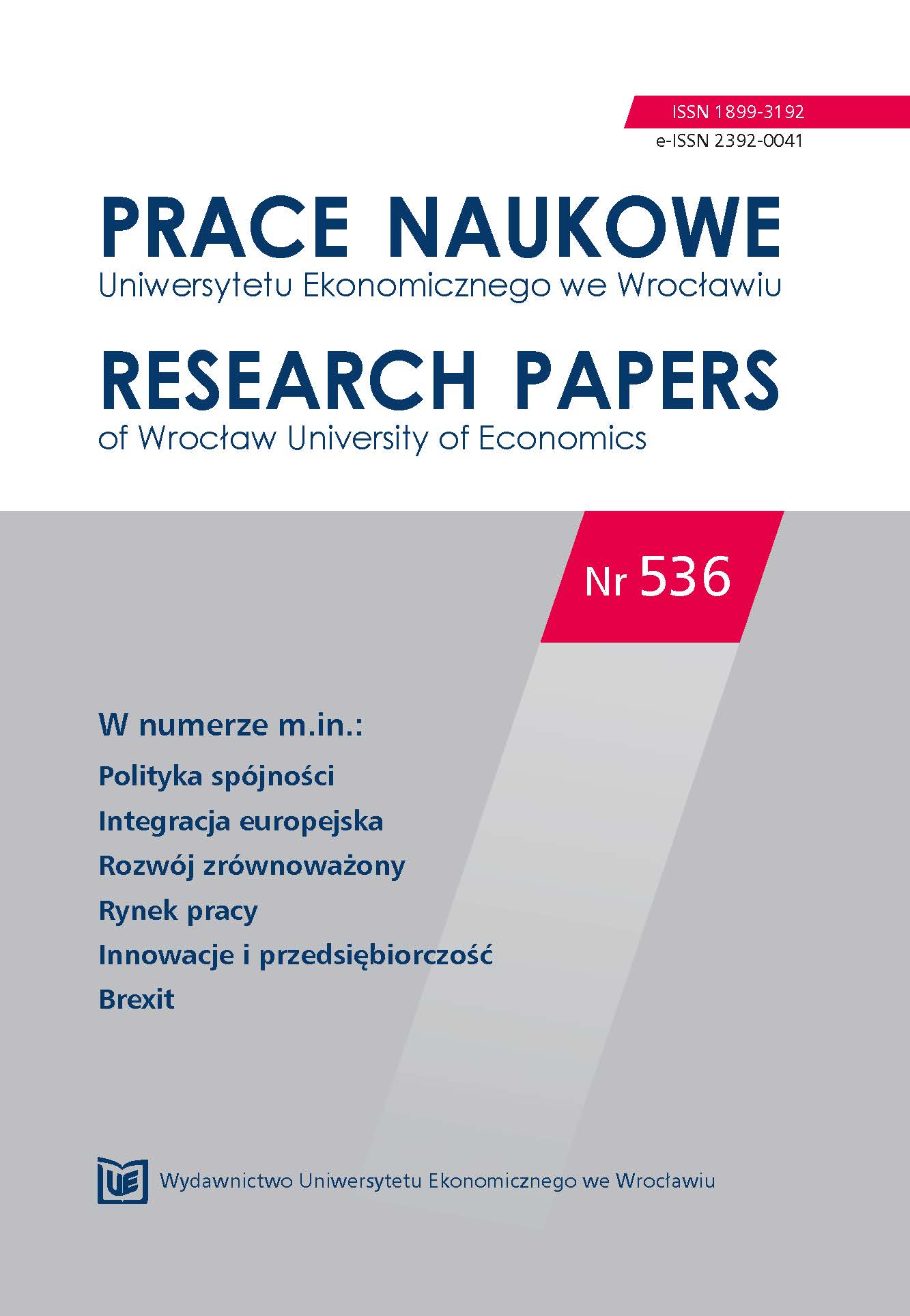Czy inicjatywa JESSICA jest instrumentem zwrotnym? Przykład Polski
Is the JESSICA initiative truly repayable instrument? The Polish case study
Author(s): Ida Musiałkowska, Piotr IdczakSubject(s): National Economy, Supranational / Global Economy, EU-Accession / EU-DEvelopment
Published by: Wydawnictwo Uniwersytetu Ekonomicznego we Wrocławiu
Keywords: JESSICA; regeneration; revenue-generating projects; cohesion policy; Poland;
Summary/Abstract: The JESSICA initiative introduced under the EU Cohesion Policy as revolving instrument, aimed at the regeneration processes and sustainable development of the cities. One of its main assumptions was to increase efficiency and effectiveness of the projects supported by JESSICA. The paper aims to identify whether all the projects implemented in Poland in the years 2007-2015 bring revenue and whether there is a relationship between the amount of the JESSICA loans/projects and the legal form of beneficiaries. The Polish case study based on the analysis of all the projects implemented in the five regions reveals that not all the projects bring revenues from their main operations. The legal form of a beneficiary plays also an important role with regard to the size of the loan/the value of the projects and determines a type of the results (economic, social) achieved by the projects. Thus, the recommendations for policy-makers responsible for the implementation of JESSICA 2 can be formulated1.
Journal: Prace Naukowe Uniwersytetu Ekonomicznego we Wrocławiu
- Issue Year: 2018
- Issue No: 536
- Page Range: 143-151
- Page Count: 9
- Language: Polish

